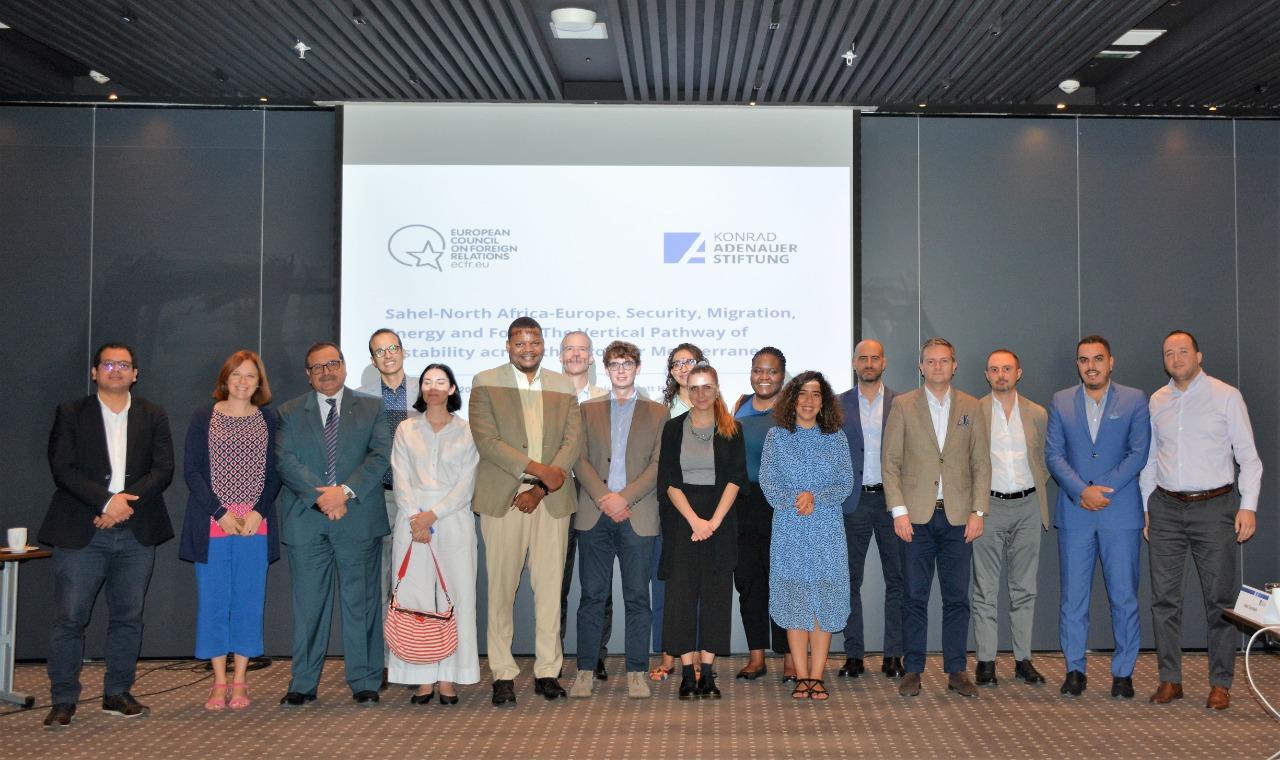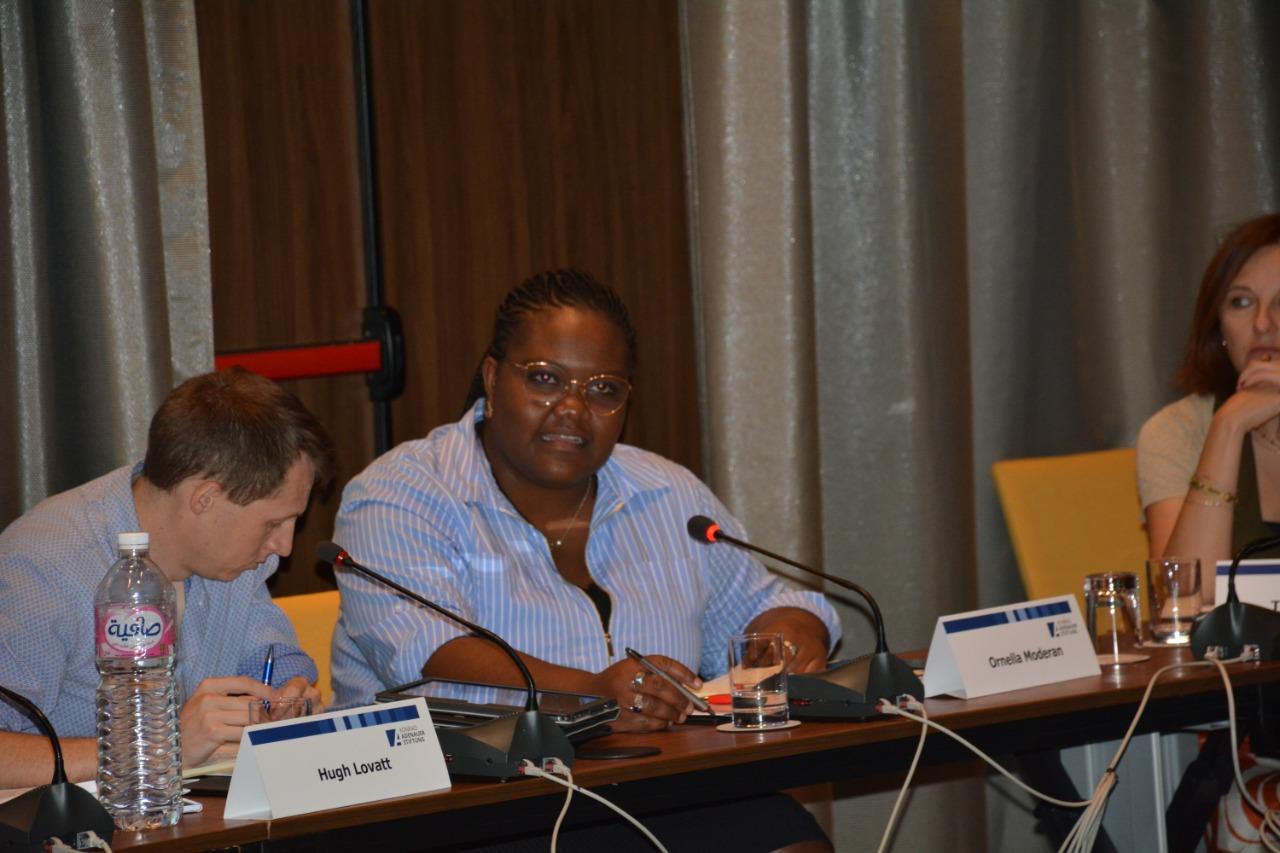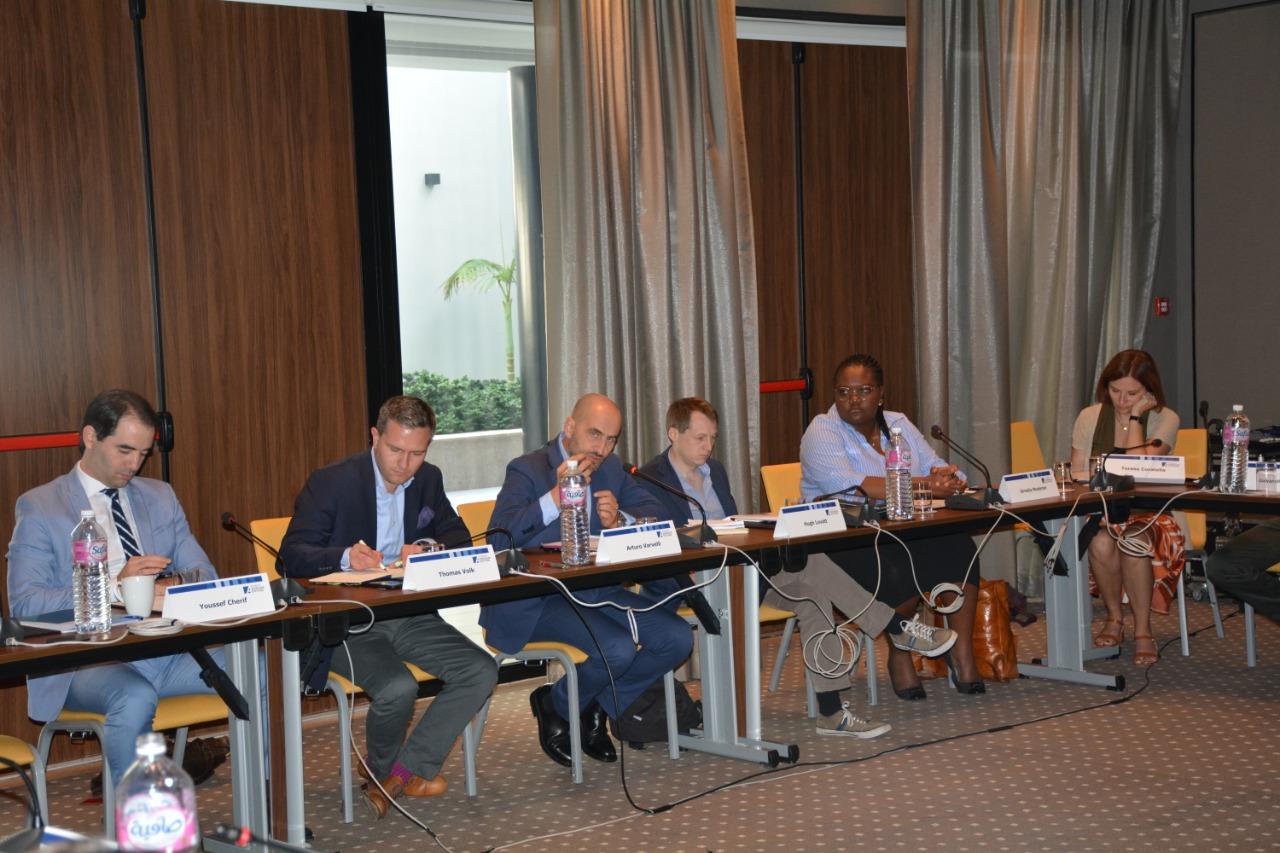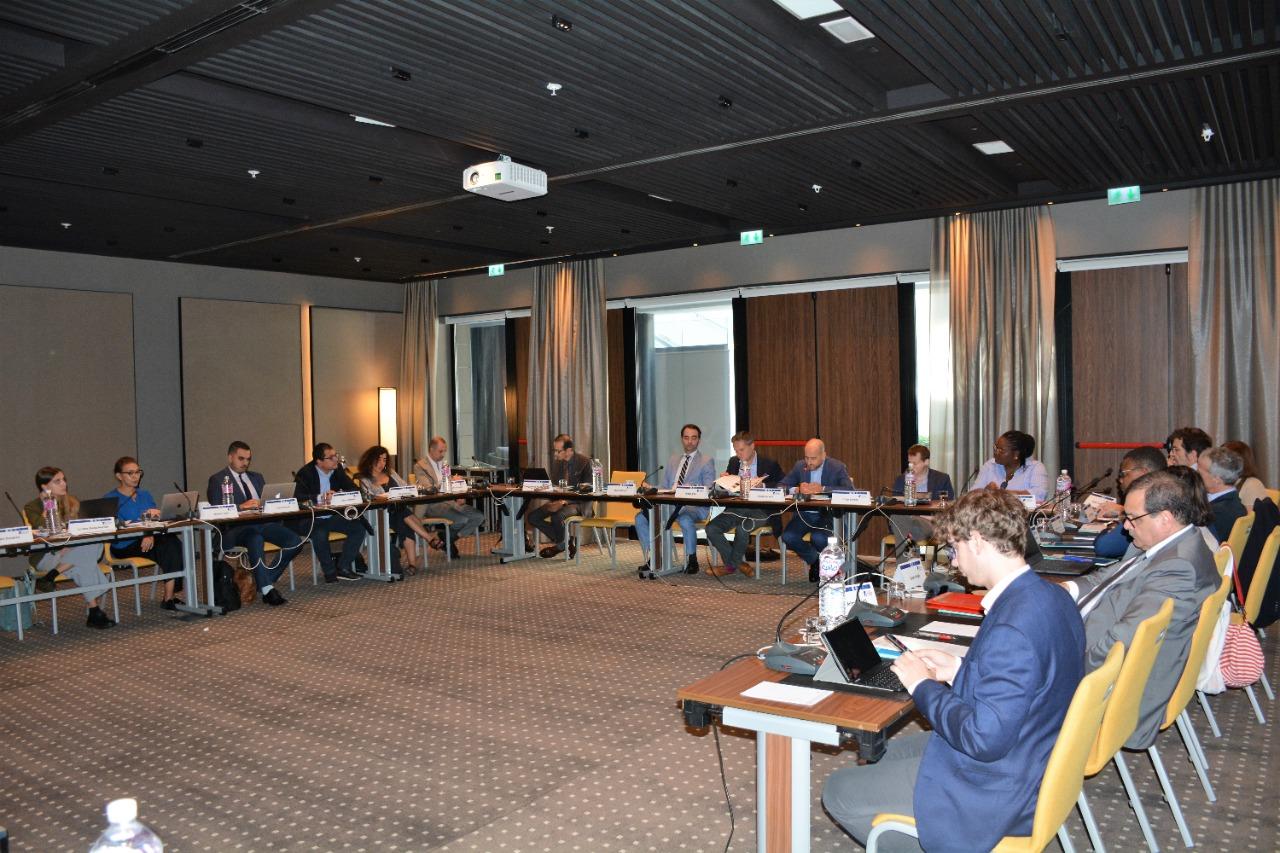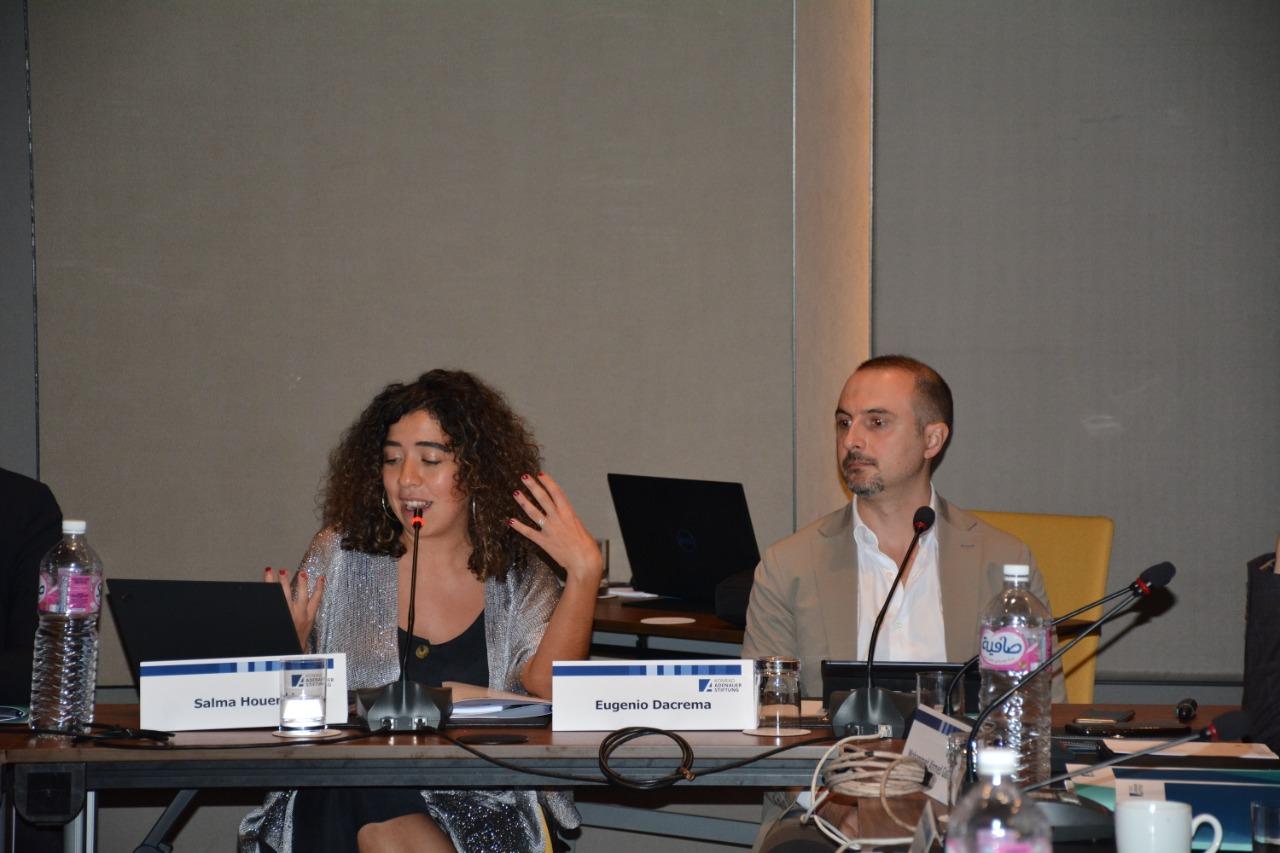Beyond the geographic proximity of Europe, North Africa and the Sahel, the intertwined crises that they are undergoing over the last decade strikingly illustrated the interconnected challenges with which they are confronted. Moreover, Russia's invasion of Ukraine has triggered seismic repercussions on global energy and food security that further demonstrated the interconnected character of challenges across the broader Mediterranean.
Aiming to widen the debate among think-tankers and academics so as to encourage a shared reflection on the pressing challenges across the three regions, KAS PolDiMed and ECFR Rome convened a group of subject-matter experts to enhance inclusive and context-specific threat analyses. Throughout four interactive and insightful panels, the experts discussed the main challenges related to the questions of political and security instability, irregular migration, as well as food and energy security.
The first panel gave an overview of the main political and security challenges at stake in Sahel countries, Tunisia and Libya. Also, the regional rivalry between Algeria and Morocco has been discussed in a wider scope by illustrating its implications for the Sahara-Sahel region. Furthermore, the diplomatic and security role that certain key EU countries such as Germany and Italy could play to stabilize the Sahel has been put under the spotlight.
The second panel was dedicated to the transregional interconnections through North Africa and the Sahel with regard to the questions of food, energy, migration flows and trafficking. Throughout this panel, the experts assessed the resilience of the Maghreb and Sahel countries in confronting those challenges and highlighted their implications for the broader Mediterranean.
In the third panel, the experts buckled down to unpacking the most crucial economic challenges, especially with regard to the question of energy security. Moreover, the experts explored the untapped economic potential in some transformative domains such as renewable energy, and how Europe can play a major role in terms of investments in logistical connectivity.
Furthermore, a closing policy-oriented panel identified the deficiencies of EU foreign policy toward the Sahel and North Africa or what they called a “crisis of offering” from the EU, and presented some recommendations that could help European decision-makers to design a new comprehensive foreign policy strategy taking into consideration the specific and long-standing concerns of the countries of North Africa and the Sahel.



